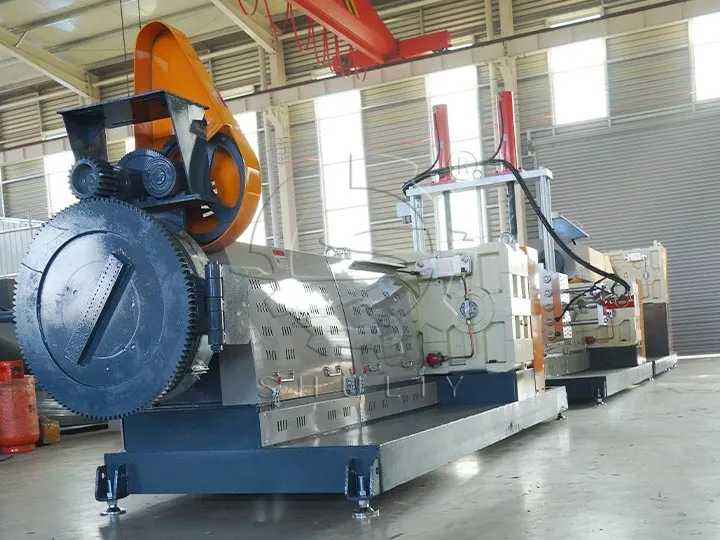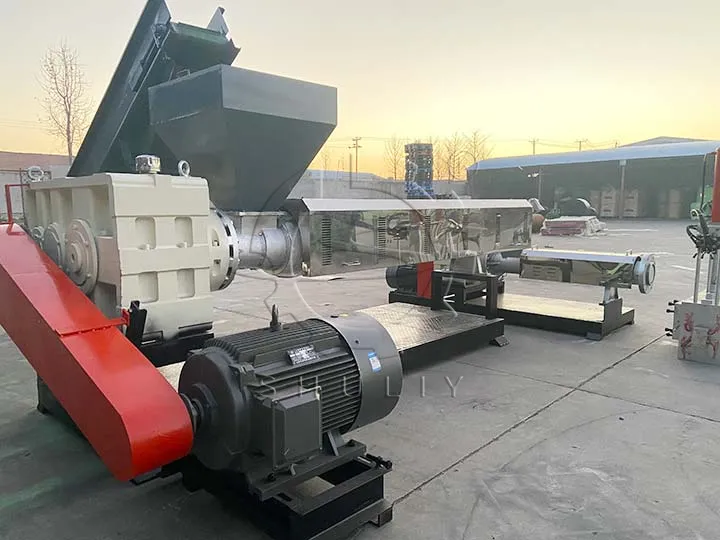Mesin pembuat pelet plastik adalah peralatan utama yang digunakan untuk mengolah limbah bahan plastik menjadi pelet plastik daur ulang. Di bidang daur ulang dan penggunaan kembali plastik, harga mesin pelet plastik sering kali menjadi salah satu perhatian terpenting bagi perusahaan dan investor. Harga mesin pelet plastik dipengaruhi oleh berbagai faktor, artikel ini akan memperkenalkan lima faktor utama yang akan berdampak penting pada harga mesin pelet daur ulang plastik.
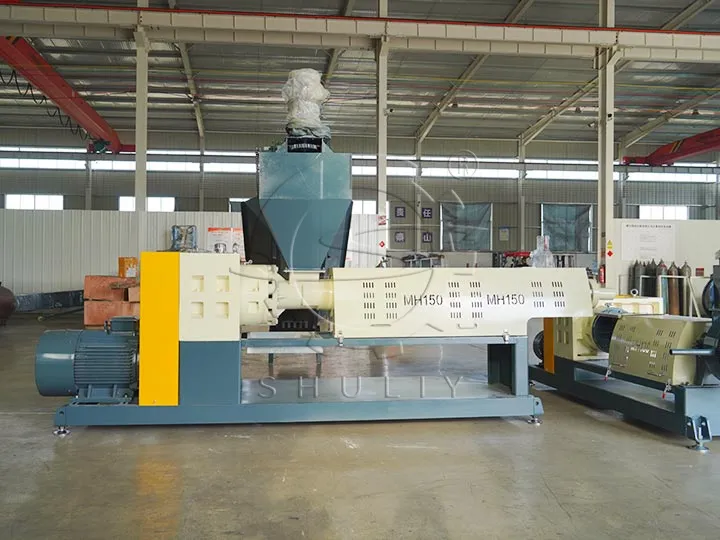
Kapasitas mempengaruhi harga mesin pembuat pelet plastik
Kapasitas mesin pembuat pelet plastik adalah salah satu faktor terpenting yang mempengaruhi harga. Berbagai model granulator plastik memiliki kapasitas pemrosesan yang berbeda, biasanya diukur dalam hal berat plastik yang diproses per jam. Mesin peletisasi plastik dengan kapasitas tinggi biasanya lebih mahal karena dapat memproses lebih banyak bahan baku dengan lebih cepat dan meningkatkan produktivitas. Oleh karena itu, memilih mesin pembuat pelet plastik memerlukan keseimbangan antara kapasitas dan harga berdasarkan kebutuhan produksi.
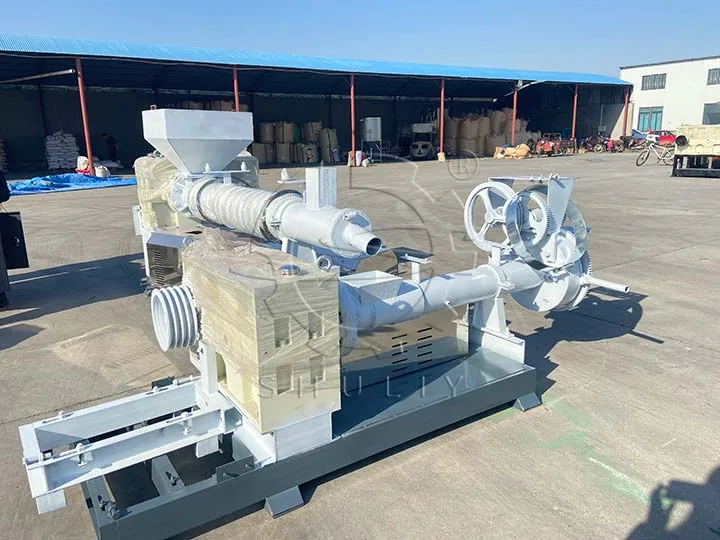
Ukuran dan kompleksitas peralatan
Ukuran dan kerumitan mesin pelet daur ulang plastik juga akan mempengaruhi harga. Mesin yang lebih besar dan kompleks biasanya memerlukan lebih banyak bahan dan biaya teknik sehingga lebih mahal. Selain itu, mesin yang lebih kompleks mungkin memerlukan lebih banyak perawatan dan perbaikan, yang juga dapat menambah biaya keseluruhan. Oleh karena itu, pembeli perlu memilih ukuran dan kompleksitas mesin pembuat pelet plastik yang sesuai untuk lokasi kerja dan kebutuhan produksi mereka.
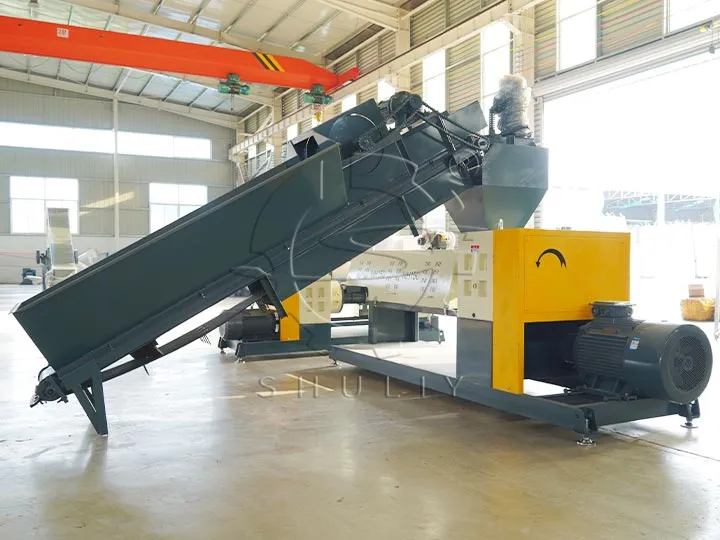
Persyaratan penanganan material
Jenis bahan plastik yang berbeda mungkin memerlukan persyaratan penanganan yang berbeda, seperti indeks leleh, kelembapan, dll. Beberapa mesin pembuat pelet plastik dilengkapi dengan kemampuan pemrosesan yang lebih canggih. Beberapa mesin pelet daur ulang plastik memiliki lebih banyak fitur untuk menampung berbagai jenis bahan plastik, sementara mesin lain mungkin berfokus pada jenis plastik tertentu.
Mesin serbaguna biasanya lebih mahal tetapi dapat mengakomodasi aplikasi yang lebih luas, sedangkan mesin khusus mungkin lebih murah tetapi memiliki cakupan aplikasi yang terbatas.
Tingkat otomatisasi
Tingkat otomatisasi merupakan faktor kunci lain yang mempengaruhi harga mesin pembuat pelet plastik. Mesin yang sangat otomatis mengurangi tenaga kerja manual dan meningkatkan produktivitas, namun biasanya lebih mahal.
Fitur otomatisasi dapat mencakup pemberian makan otomatis, kontrol suhu, penyortiran pelet, dan banyak lagi. Memilih tingkat otomatisasi yang tepat memerlukan pertimbangan kompleksitas proses produksi dan keseimbangan antara tingkat otomatisasi dan biaya.
Merek dan kualitas
Akhirnya, merek dan kualitas mesin pembuat pelet plastik juga dapat memiliki dampak signifikan pada harga. Merek terkenal biasanya menawarkan kualitas dan keandalan yang lebih tinggi, tetapi juga harga yang lebih tinggi. Pembeli perlu mempertimbangkan opsi merek berdasarkan anggaran yang tersedia dan investasi jangka panjang. Memilih mesin pelet daur ulang plastik berkualitas tinggi dapat mengurangi biaya pemeliharaan dan memperpanjang umur mesin, sehingga mungkin lebih hemat biaya dalam operasi jangka panjang.
